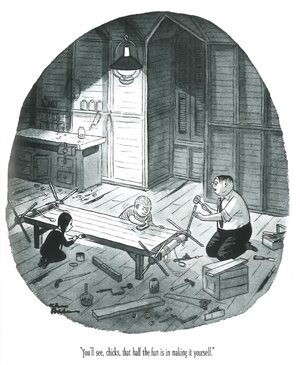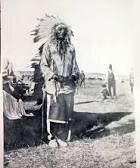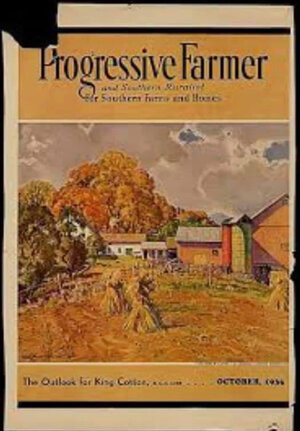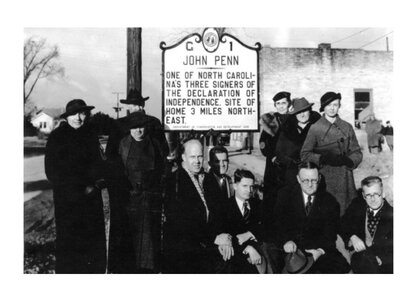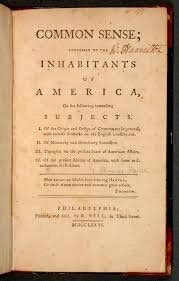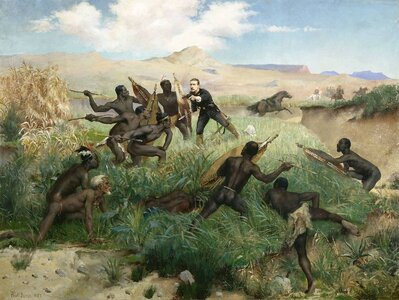I absolutely love Connemara. The house is super interesting in detail, the trails all around are excellent, and the goat farm is a delight for kids. My daughter loved the place as a child. I went as a parent volunteer twice with her classes. There are activities all around the property for kids and those were great fun too.
Sandburg was amazing...
I wrote this about Sandburg for his death day. “There are men who cannot be bought.” It strikes me as odd - even remarkable - that at the height of The Cold War this nation’s Primary Poet was a socialist living in Flat Rock, NC, Henderson County, Appalachia. Entangled in a struggle to the death (it seemed) with communism in those times, some thinking Americans could/would discern subtlety and note the strength in difference. Not to gloss too idyllic, to be sure monsters like Red-Baiting Joseph McCarthy were hard at work capping off thought and squelching speech and the voices of African Americans and other POC were hard-pressed to be heard, their rights only partially realized, but even in those times a poet could make a mark and be feted by the elected.
“Connemara,” the Carl and Lillian Sandburg historic home-place is one of my favorite spaces on earth. His poems are in ‘people-speak’ in the main, not to suggest there’s no flourish, just that the words tend to be of common usage though fitted in often sparkling combinations. Connemara is fun, the house is homey, the goats timeless, and the grounds serene. Sandburg won 3 Pulitzer Prizes (1919, 1940, 1951) for prose, ‘history,’ and poetry. In 1919 as a journalist he wrote ‘The Chicago Race Riots, July, 1919.’ He also saw to the newspaper publication of the NAACP platform. Both of these actions today would have doubtless gotten him blacklisted by the UNC System Governing Boards and the majority in the NC General Assembly — IF those panels could first get past his socialism. So low we have sunken.
In 1908 his “You and Your Job” pamphlet bore a Socialist Party imprint. In it he wrote, “I say that a system such as the capitalist system, putting such obstacles as starvation, underfeeding, overwork, bad housing, and perpetual uncertainty of work in the lives of human beings, is a pitiless, ignorant, blind, reckless, cruel mockery of a system.”
Among his papers the poem below, never published, was discovered. It imparts a message to the country about violence for all time.
A Revolver
by Carl Sandburg
Here is a revolver.
It has an amazing language all its own.
It delivers unmistakable ultimatums.
It is the last word.
A simple, little human forefinger can tell a terrible story with it.
Hunger, fear, revenge, robbery hide behind it.
It is the claw of the jungle made quick and powerful.
It is the club of the savage turned to magnificent precision.
It is more rapid than any judge or court of law.
It is less subtle and treacherous than any one lawyer or ten.
When it has spoken, the case can not be appealed to the supreme
court, nor any mandamus nor any injunction nor any stay of execution
come in and interfere with the original purpose.
And nothing in human philosophy persists more strangely than the
old belief that God is always on the side of those who have the
most revolvers.
The On This Day entry follows:
#OTD (July 22) in 1967 Poet, Journalist, Biographer, and Musician Carl Sandburg died at his home-
#Connemara, in Flat Rock, NC,
#WNC. A socialist, he evoked the spirit of America for many who have labored and respect work, his Pulitzer Prize winning biography of Lincoln was an Epic (but short on attribution). He was the son of Swedish immigrants, and in his early years he hoboed, and worked many jobs from waiter to agriculture. He wrote on the Red Summer in his ‘The Chicago Race Riots, July, 1919.’ At Connemara he penned poems and music and his wife Lillian raised world-renowned goats. Today that beautiful place is a National Historic Site.
“...at his death in 1967, President Lyndon B. Johnson observed that ‘Carl Sandburg was more than the voice of America, more than the poet of its strength and genius. He was America.’” ~ ‘Carl Sandburg: His Life and Works,’ by North Callahan.
Prolific Poet Carl Sandburg
"Man is a long time coming. Man will yet win.
Brother may yet line up with brother: This old anvil laughs at many broken hammers.
There are men who can't be bought". ~ Carl Sandburg


